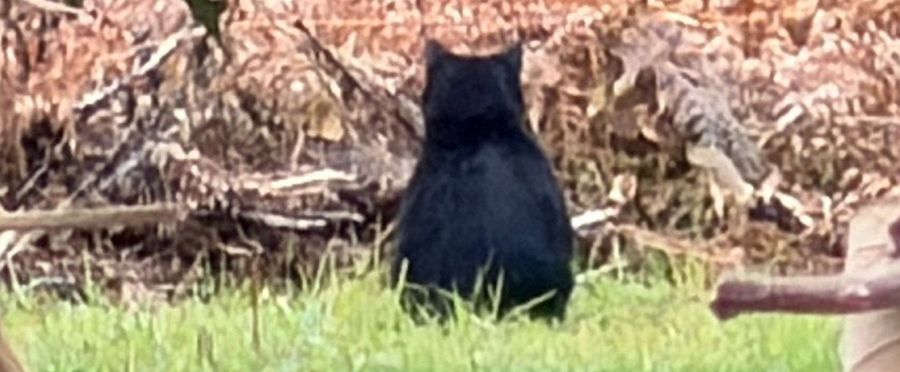A two-year-old pre-school student in Japan has surprisingly encountered a wild bear, affectionately referred to as "Teddy Bear" during a school outing. The incident occurred without any harm or disturbance to either side. Prompt action and effective learning-through-play education about wildlife, often taught in Japanese pre-schools, ensured the toddler's safety upon the unexpected encounter.
In Japan, the coexistence with nature, including wild animals, is considered essential. Consequently, education about wildlife begins early in childhood. Animals, like bears, are often anthropomorphized in children's stories, creating a sense of familiarity and respect rather than fear or animosity. This incident is likely to spur discussions on enhancing wildlife education and the existing safety protocols for such outings
In the US or EU, such encounters might lead to debates around human-wildlife conflicts and the necessity of reintroducing large predators into areas they were once driven out of. However, unlike Japan where human-animal harmony is sought, the focus in the West might be more towards securing more robust protective barriers.

